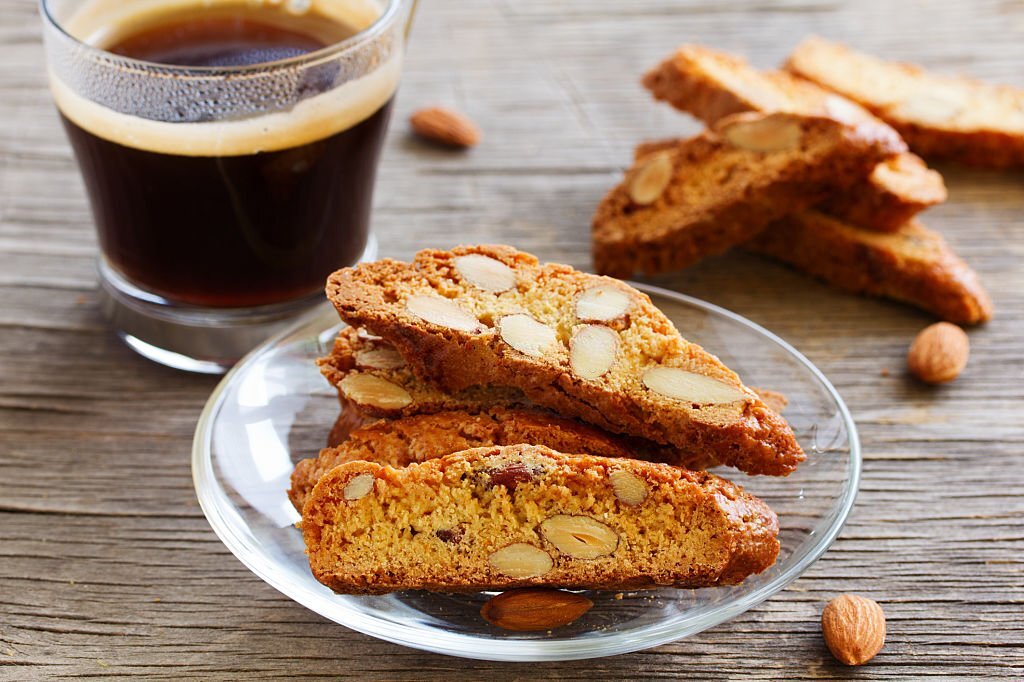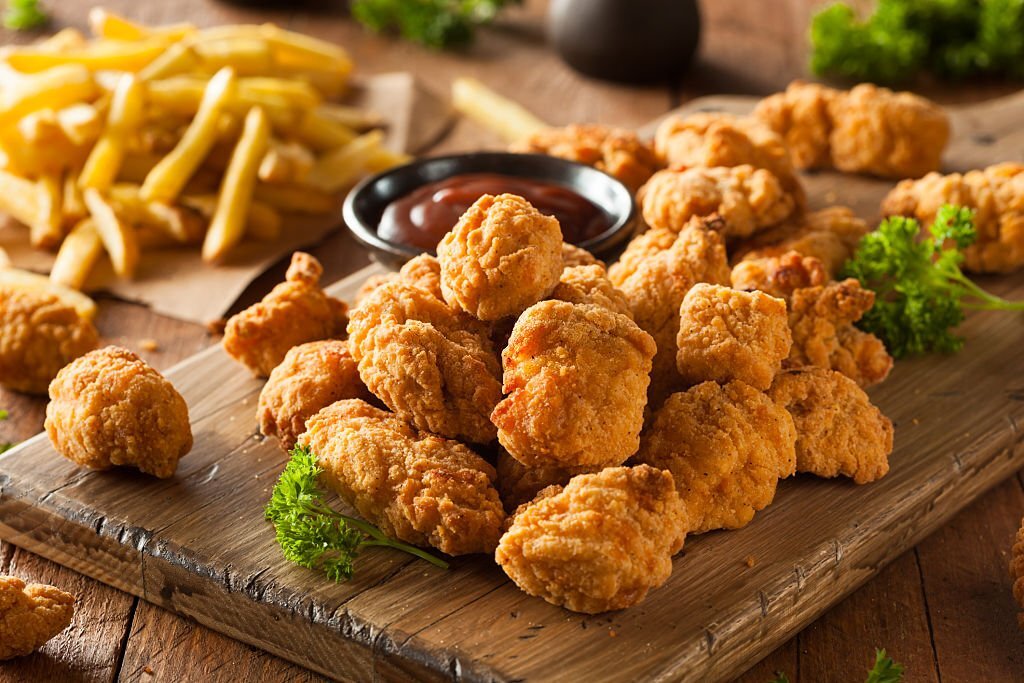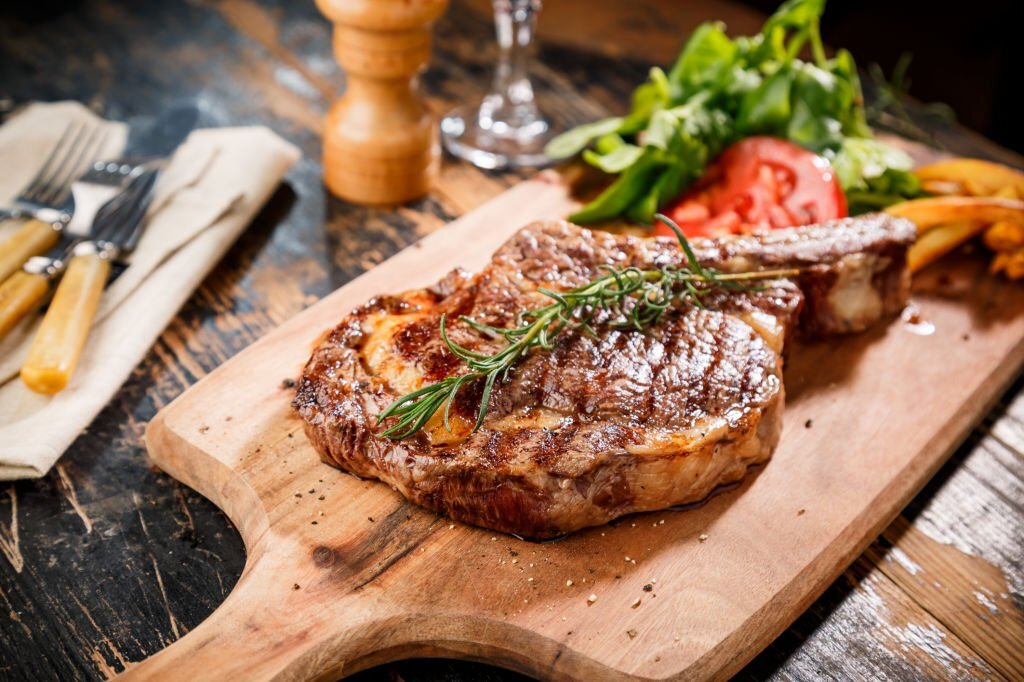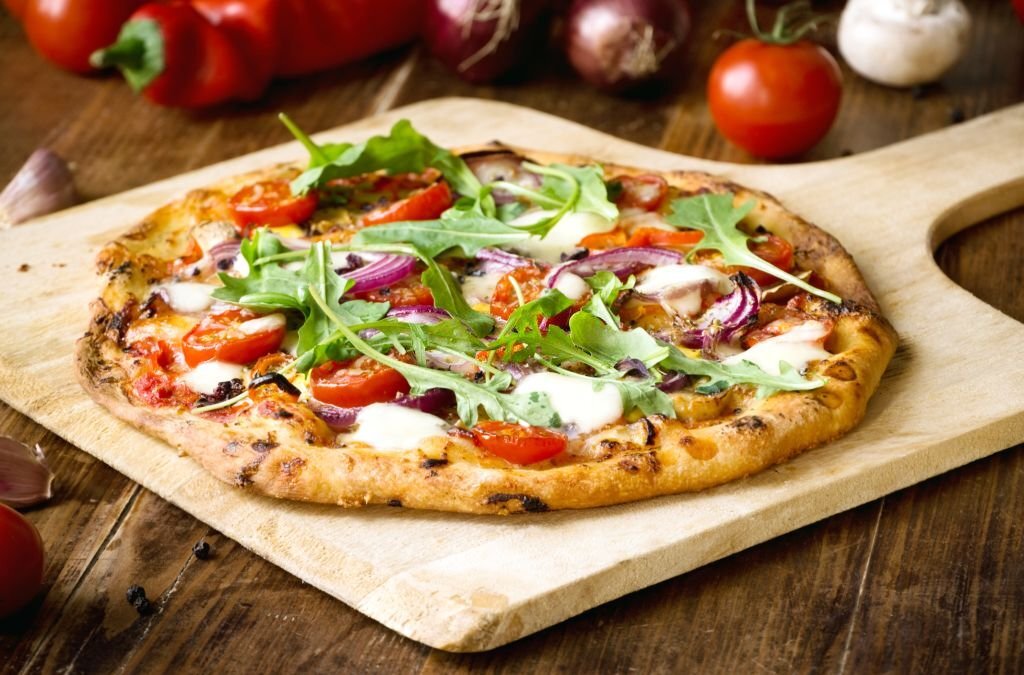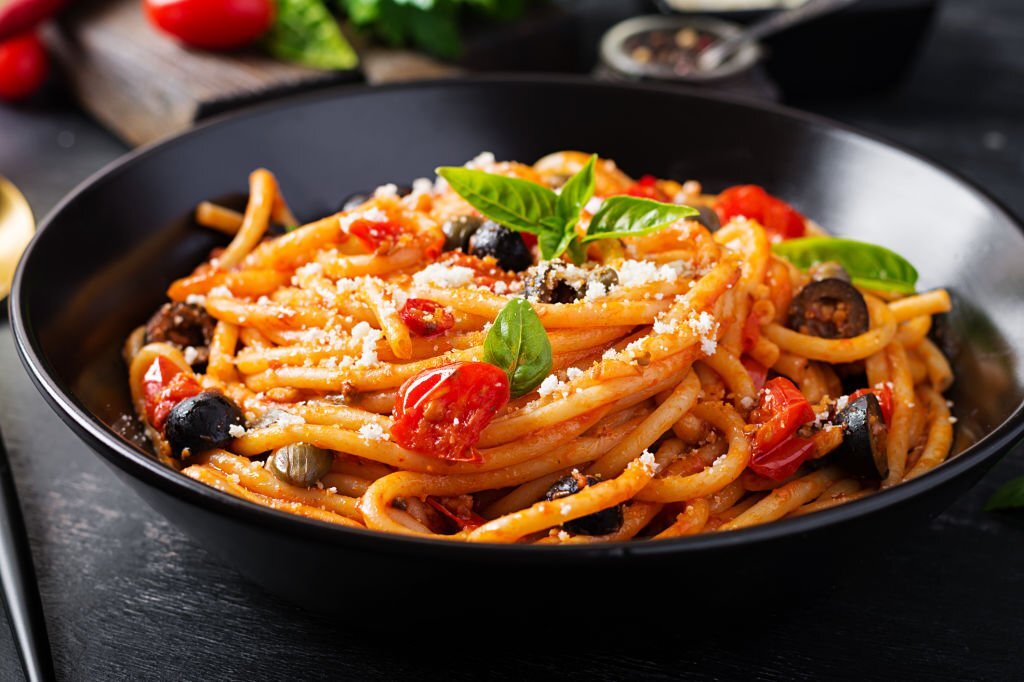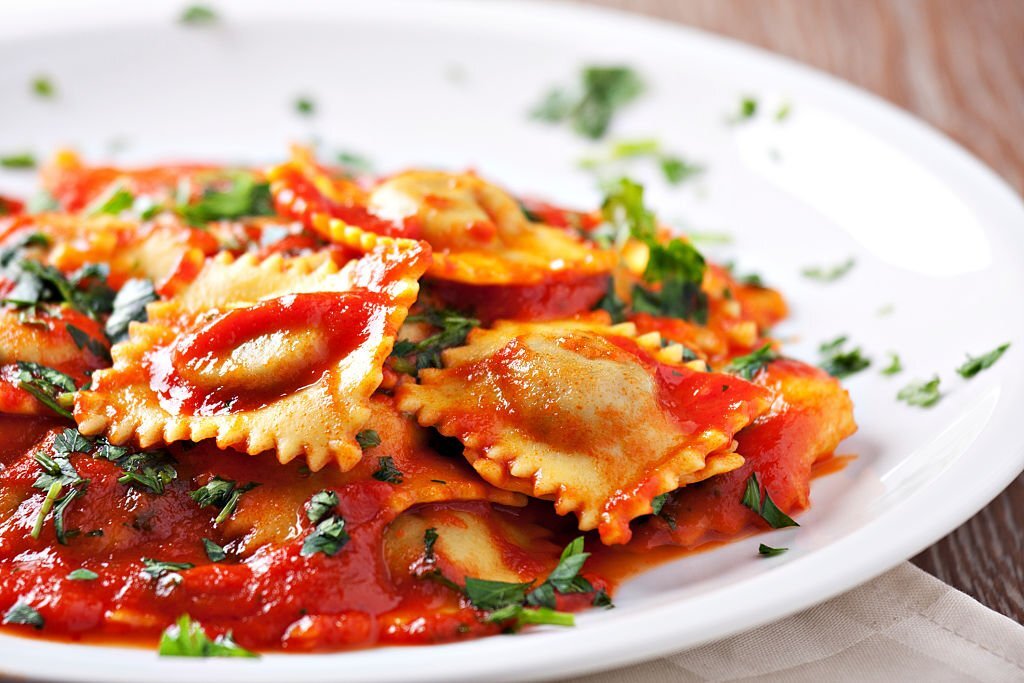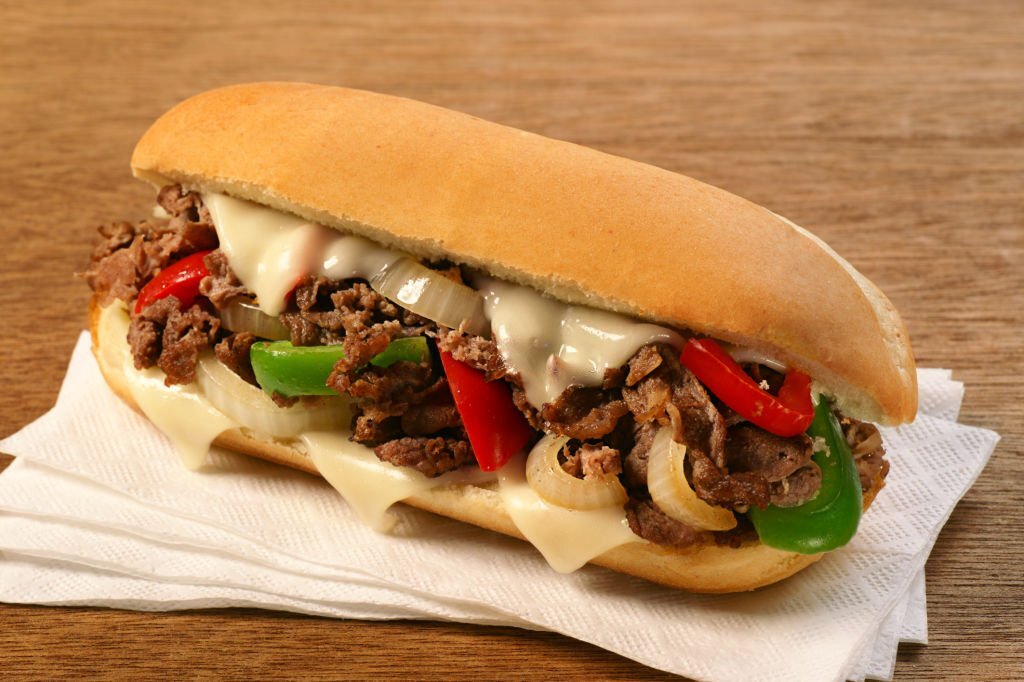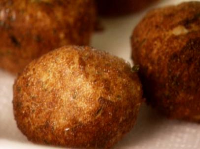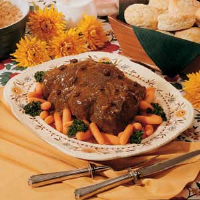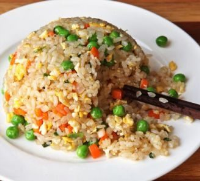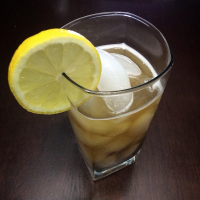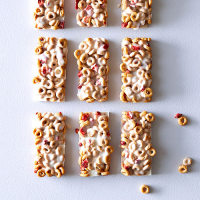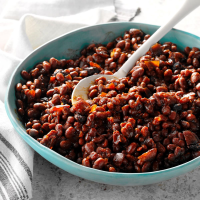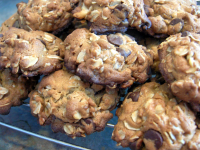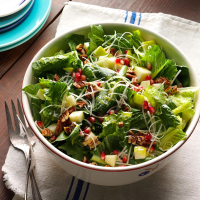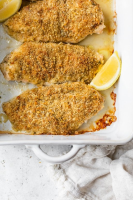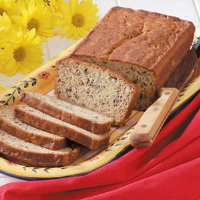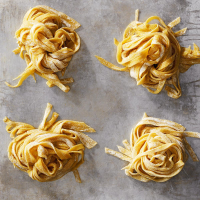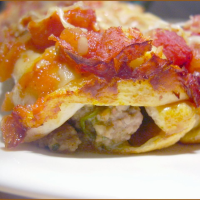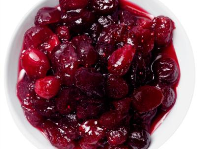More about "how much salt is bad for you recipes"
IS SALT GOOD OR BAD FOR YOU? | FOOD NETWORK HEALTHY EATS ...
Oct 22, 2021 · Table salt is a source of iodine. People older than 18 need 150 mcg of iodine daily for metabolism and thyroid health; that’s the amount in 1/2 to 3/4 teaspoon of table salt.
From foodnetwork.com
From foodnetwork.com
See details
THE TROUBLE WITH EXCESS SALT - HARVARD HEALTH
Oct 01, 2019 · On average, Americans eat too much salt — more than a teaspoon and a half a day. Most often it doesn't come out of a shaker, but is hidden in the foods you eat. But is it really bad for your heart to eat too much, or is that just a concern for people with certain risk factors? There's been some debate on this topic, even among members of the ...
From health.harvard.edu
From health.harvard.edu
See details
IS SALT ACTUALLY BAD FOR YOU? SEE OUR EXPERT OPINION ...
Jul 31, 2018 · Now, just because I’m arguing that salt isn’t bad for you doesn’t mean you should start eating more processed garbage. We still want to focus on minimally processed whole foods, which provide much greater nutrient-density, including health-boosting vitamins, minerals, fiber, protein, healthy fats, polyphenols, and more.
From blog.biotrust.com
From blog.biotrust.com
See details
IS SALT ACTUALLY BAD FOR YOU? - HEALTHLINE
Aug 21, 2017 · Is Salt Actually Bad for You? Written by Rachael Link, MS, RD — Updated on August 21, 2017 Salt is a naturally occurring compound that is commonly used to season food.
From healthline.com
From healthline.com
See details
IS EATING TOO MUCH SALT DAMAGING YOUR HEALTH? - BBC FOOD
Some food labels only provide the sodium content, which is not the same as the salt content. 1g sodium = 2.5g salt, so the 6g adult daily salt guideline is equivalent to 2.4g sodium.
From bbc.co.uk
From bbc.co.uk
See details
SALT - HOW MUCH IS TOO MUCH? | BHF
To see how much salt is in the packaged food, you can look at the ‘amount per serving’. Some food labels have a traffic light system to help you see if the food has a low, medium or high amount of salt in it. If you reduce the amount of food you eat with medium (amber) and high (red) levels of salt, it will help you reduce your risk of ...
From bhf.org.uk
From bhf.org.uk
See details
IS SALT REALLY BAD FOR YOU? 6 MYTHS AND FACTS ABOUT SALT ...
From health.qld.gov.au
See details
DAILY SALT INTAKE: HOW MUCH SODIUM SHOULD YOU HAVE?
Dec 05, 2018 · The WHO suggests consuming 2,000 mg (2 grams) of sodium per day, and the American Heart Association advises a much lower intake of 1,500 mg (1.5 grams) per day ( 16, 17 ). Today, Americans consume ...
From healthline.com
From healthline.com
See details
HEALTHY SALT SUBSTITUTE ALTERNATIVES VS. UNHEALTHY OPTIONS ...
Oct 24, 2020 · For the most part, you can use your favorite salt substitute just like you would use regular salt. This means using dried herbs and spices when cooking, and adding vinegars and fresh squeezed juices to recipes in whatever way suits your taste buds. Here are some ways to use the salt substitute options mentioned above in recipe swaps:
From draxe.com
From draxe.com
See details
HOW MUCH HARM CAN A LITTLE EXCESS SALT DO? PLENTY ...
May 26, 2021 · If you significantly reduce how much salt you eat, your blood pressure goes down within hours or days. And keeping it low can make a significant long-term difference. "In the U.K., they actually had a nationwide effort to reduce salt in commercial foods," she said.
From heart.org
From heart.org
See details
IS UNCOOKED SALT HARMFUL FOR THE HUMAN BODY?
Sep 10, 2018 · Excess of everything is bad and the same rule applies in case of ‘salt’. Salt, table salt or common salt is a mineral composed primarily of sodium chloride. We all know that salt plays a key role in the food and health world. It is one ingredient that needs to be consumed in the perfect amount. A little extra or a little less of it can actually affect the human body beyond imagination.
From m.recipes.timesofindia.com
From m.recipes.timesofindia.com
See details
SALT - HOW MUCH IS TOO MUCH? | BHF
To see how much salt is in the packaged food, you can look at the ‘amount per serving’. Some food labels have a traffic light system to help you see if the food has a low, medium or high amount of salt in it. If you reduce the amount of food you eat with medium (amber) and high (red) levels of salt, it will help you reduce your risk of ...
From bhf.org.uk
From bhf.org.uk
See details
IS SALT REALLY BAD FOR YOU? 6 MYTHS AND FACTS ABOUT SALT ...
To help you track how much salt you’re eating, you can find out how much salt is in packaged foods by looking at the food label for the ‘sodium’ level - salt is made up of sodium and chloride. Try to aim for items that have less than 120mg of sodium per 100 grams of the food.
From health.qld.gov.au
From health.qld.gov.au
See details
HOW MUCH SALT SHOULD WE EAT? - HEART UK
Sodium is a part of salt. To work out the amount of salt, times the sodium by 2.5. Cut down on very salty flavourings. Many table sauces and flavourings are very salty, such as stock cubes, spice mixes and curry powders, gravy granules, soy sauce, mustard, Worcester sauce, salad dressings and ketchup. Look out for low salt options.
From heartuk.org.uk
From heartuk.org.uk
See details
IS LOW-SODIUM SALT ACTUALLY HEALTHY? | HOWSTUFFWORKS
Dec 08, 2010 · You also need to remember that we're talking about salt, not sodium. Nutritional information breakdowns usually only provide foods' sodium levels, and because sodium makes up only 40 percent of salt, you have to multiply a product's sodium content by 2.5 to figure out how much salt is in each serving.
From recipes.howstuffworks.com
From recipes.howstuffworks.com
See details
SALT AND HEART HEALTH | THE HEART FOUNDATION
These can also replace your salt shaker on the dining table. Cook at home: Take-away food and food bought out of the home are often high in salt. Preparing and cooking your food is a good way to reduce salt as you are in control of how much salt is added and can choose ingredients reduced in salt. Read labels
From heartfoundation.org.au
From heartfoundation.org.au
See details
WHAT NOT TO DO WHEN SEASONING YOUR FOOD
Aug 06, 2019 · Today, we use Kosher salt, and a generation ago, table salt was the norm, but the two aren't the same—table salt is twice as salty by volume as Kosher salt. So if you try to substitute, make sure to use half as much table salt as the recipe calls for. Better yet, get a box of Kosher salt.
From thespruceeats.com
From thespruceeats.com
See details
DR. JASON FUNG, MD: THE TRUTH ABOUT SALT - DIET DOCTOR
Sep 30, 2018 · The truth about salt. September 30 2018 by Dr. Jason Fung, MD in Salt. By 1982, salt was called ‘A New Villain’ on the cover of TIME magazine. The 1988 publication of the INTERSALT study seemed to seal the deal. This massive study involved 52 centers in 32 countries and laboriously measured salt intake and compared this to blood pressure.
From dietdoctor.com
From dietdoctor.com
See details
SALT: THE FACTS - NHS
In the UK labels on pre-packed food must say how much salt they contain. Look out for the salt content in the everyday foods you buy, and choose lower-salt options. Most pre-packed foods have a nutrition label on the back or side of the packaging. Many foods also display information about the salt content on the front of the packaging.
From nhs.uk
From nhs.uk
See details
CAN SALT SUBSTITUTES LOWER SODIUM INTAKE? – CLEVELAND CLINIC
May 28, 2021 · The good news is that potassium acts like salt. But to avoid a bitter aftertaste in baked goods, substitute no more than 20% of the regular salt with a salt substitute. “You can further decrease ...
From health.clevelandclinic.org
From health.clevelandclinic.org
See details
HOW MUCH SALT DO YOU PUT ON STEAK BEFORE GRILLING? - I ...
How much salt do you put on steak before grilling? The general rule is a half teaspoon of kosher salt for every pound of meat, though some chefs prefer a little bit more or less. Step 2: Leave the meat uncovered on a wire rack, in your refrigerator, for one to three days. The longer you leave them, the better they will taste.
From iforgotitswednesday.com
From iforgotitswednesday.com
See details
IRISH HEART SALT - IRISH HEART
Sometimes labels state the amount of sodium instead of salt. To calculate the amount of salt, multiply the sodium figure by 2.5. For example, if a food has 1 gram of sodium per 100g that means it has 2.5 grams of salt! Remember that the amount you eat (or portion sizes) of a particular food affects how much salt you will get from it. Stay salt ...
From irishheart.ie
From irishheart.ie
See details
THE BEST SALT SUBSTITUTE FOR KIDNEY PATIENTS - THE KIDNEY ...
Low Sodium Diet for Kidney Disease. A low sodium diet is a pillar of healthy eating for nearly every health condition that affects the kidneys. People with Chronic Kidney Disease, Polycystic Kidney Disease, FSGS, nephrotic syndrome and kidney stones should all avoid too much salt. A high salt diet can cause high blood pressure, which is harmful to kidneys.
From thekidneydietitian.org
From thekidneydietitian.org
See details





